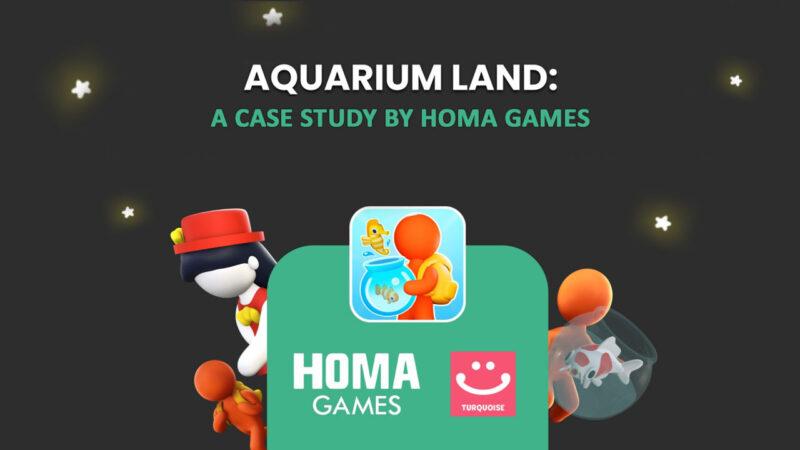In the last few years, hyper-casual games have been the driving force in the mobile games space, however, the genre has been facing one major obstacle after another across both storefronts, App Store and Google Play. Of course, being extremely lucrative and delivering fast results, the hyper-casual games immediately caught the interest of mobile developers and publishers, expanding in the market while giving rise to many sub-genres.
Related: Google Play’s new policy update can hurt hyper-casual games
Arcade idle is one of the most eye-catching sub-categories of hyper-casuals and it’s been a popular one for quite some time, but of course, its hype train eventually slowed down and came the inevitable question of “is it dying, is it still a lucrative game model?”
Victor Vielliard, Studio Partnerships at Homa Games, decided to address this question (and its variations) with his insights. He also shared a case study on his Linkedin page, showing how it helped boost Aquarium Land’s (an arcade idle by Turquoise) in-app purchases revenue.
Vielliard said “Arcade idle (and any other hybrid games for that matter) require a whole new production pipeline in order for them to work, achieve success and profitability” and added that, “you can’t expect to treat them the same way as your hyper-casual games.”
The experienced game publisher then explained the following insightful steps;
- Engagement Metrics should be the focus (minimum 40% Day 1 Retention and minimum 20 min of playtime), and CPI comes after.
- You should work at least 3 to 5 months before launching your game to make sure it is polished enough and have as much content as possible for the player to get hooked and continue playing
- Make sure to build the in-game economy as soon as possible to leverage the IAP potential of your game efficiently (aim to have at least 20% of Revenue coming from IAP)
He wrapped up his post with a solid answer to the question in the title and said “No, Arcade Idle is not dying, and we are only scratching the surface of the enormous potential those games have in terms of profitability.”
You can find the case study of Aquarium Land on Homa’s official website.






